I think ur sister shouldn't of ruined ur 40th day, Yes it's sad about ur niece ...but life goes on ur sister shouldn't of done what she did .my sister wouldn't of ruined my day
I Refuse to Let My Sister’s Tragedy Ruin My Birthday Party
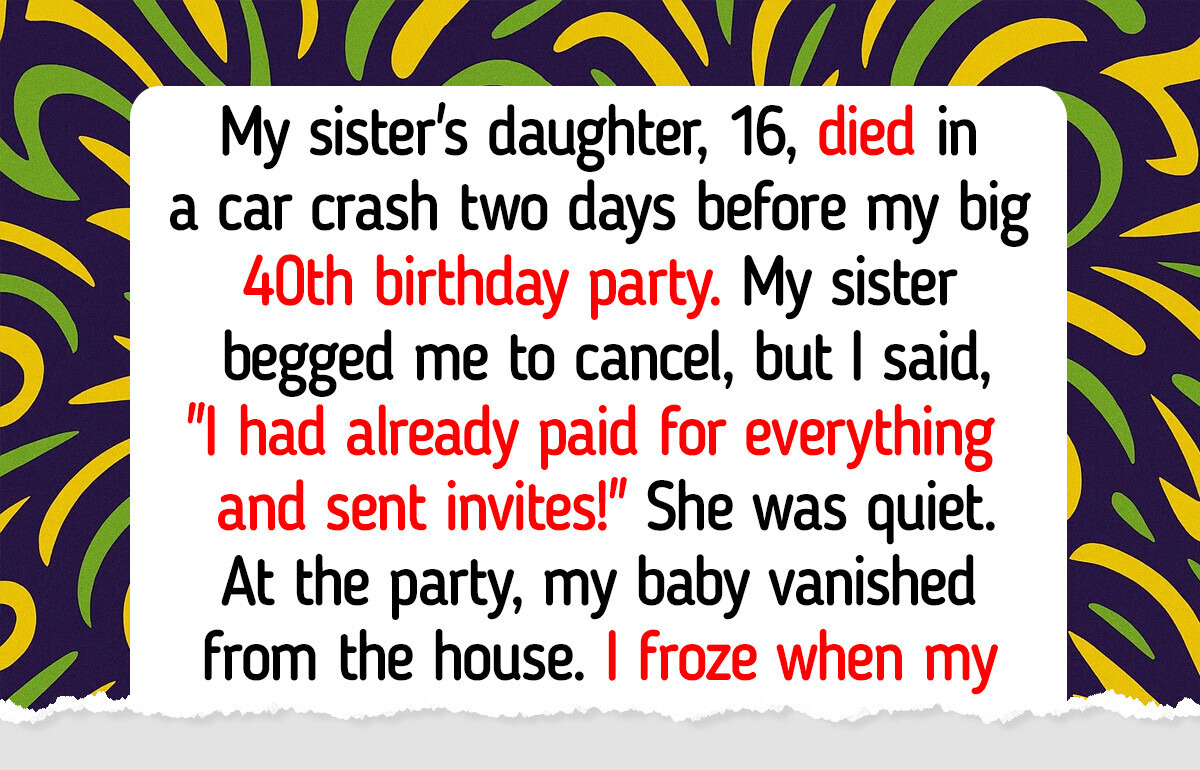
Emma found herself in an agonizing dilemma. Just days before her milestone 40th birthday celebration, her sister experienced an unthinkable loss—the death of her teenage son in a tragic accident. Although grief weighed heavily on the family, Emma chose not to cancel the party she had planned for so long. Her sister, feeling abandoned and overwhelmed, responded with a startling act that took everyone by surprise. Unsure how to process it all, Emma turned to us for guidance. This is what she shared.
Emma’s letter:
My sister’s daughter, 16, died in a car crash two days before my big 40th birthday party. My sister begged me to cancel, but I said, “I’ve already paid for everything and sent the invites!” She went quiet.
At the party, my baby vanished from the house. I froze when my sister called and said she had taken my baby for a stroll. I panicked, left the party, and started calling her. I know what state of mind she’s in right now, and she’s not capable of being alone with a baby.
I finally found her in a café near my house and brought my child home. But my party was definitely ruined. Everyone had left, and my sister got what she wanted—she destroyed the day I had waited so long for.
Was I wrong to prioritize myself?
Yours,
Emma

Hi Emma,
Thanks for opening up and telling your story. We’ve put together some suggestions that might support you as you move through this experience.
Recognize your sister’s grief and express regret for not fully grasping what she needed
Even if you felt your choice was reasonable at the time, it’s crucial to recognize the profound depth of your sister’s grief. Consider reaching out with a message like: “I see now that I may have deeply misjudged the intensity of your pain, and I’m truly sorry if my actions made you feel that your loss wasn’t acknowledged.”
Let her know that your intention was never to cause harm, but to hold on to a sense of normalcy and find a moment of light in a dark time. A sincere apology can go a long way—it might be the first step toward healing your relationship and helping her feel truly seen and understood.
Plan a dedicated gathering to pay tribute to her loved ones
One way to show your sister that her pain matters to you is by creating space to honor her loss. You might suggest planning a small tribute for her son—something heartfelt but low-key, like a family dinner or a quiet evening with candles and shared memories.
Doing this can help ease the tension between your birthday cheer and her sorrow. More importantly, it lets her know that you’re not just aware of her grief—you’re willing to carry some of it with her.
Establish clear boundaries and share your point of view with composure
Grief can push people to act out in unexpected ways, but it’s still important to acknowledge when a line has been crossed. Once things have calmed down, find a quiet moment to talk to your sister. You might say, “I know this time is incredibly painful for you, and I can only imagine the weight you’re carrying—but what happened at the party was hurtful and left a lasting impact on me.”
Speak honestly about how her actions affected you, without placing blame. Focus on how the two of you can approach difficult moments differently in the future. This kind of conversation can help rebuild trust and lay the groundwork for a healthier dynamic moving forward.
Explore family therapy or mediation as a way to work through the conflict together
With so much pain and tension between you, it might be wise to bring in someone neutral—like a therapist or mediator—to help guide the conversation. Let your sister know that your goal is to rebuild trust and find a way forward that honors both of your needs.
Having a professional present can give her space to express her grief while also helping her see that your choices weren’t meant to hurt her. This kind of support can make tough conversations more productive and help you both handle emotional situations with more care in the future.
Michelle was treated as less important by her parents simply because she chose not to have children. They decided to leave their inheritance to her siblings, believing they “needed it more.” Read her story here.
Comments
Related Reads
12 Real Life Stories That End With the Most Shattering Twist

I Cancelled My Honeymoon to Help My Sick Sister—Only to Discover Her Secret
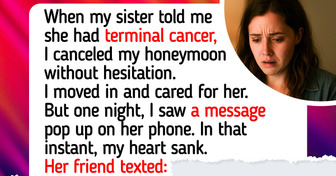
My “Useless” Stepdaughter Was Exploiting Her Dad — I Had to Stop It

10 Shocking Secrets That Made People Rethink Their Entire Lives

I Refused to Pay for a Disastrous Cake — Now Everyone Blames Me
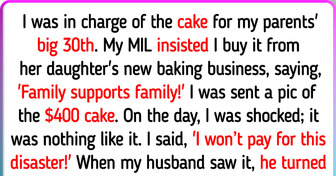
I Donned a Bridal Gown to My Brother’s Wedding, and Now His Wife Wants a Divorce
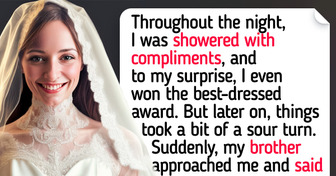
I’m Divorcing My Wife Because of What She Did to My Baby
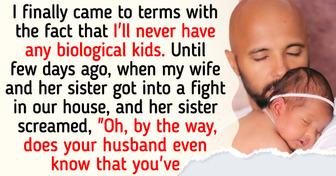
12 Moments That Teach Us to Stay Kind, Even When Life Becomes Heavy
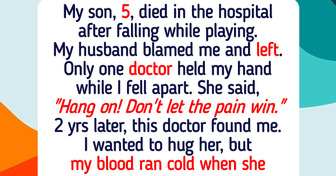
12 Moments Where Quiet Kindness Turned Strangers Into Family

I Refused to Be Called the Office Villain by a Coworker Who Barely Works
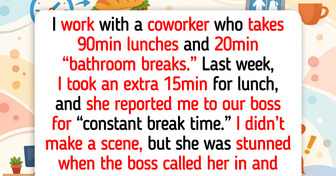
I Refuse to Forgive My Wife for What She Did to My Son

12 Life Moments Where Quiet Kindness Played the Main Role




